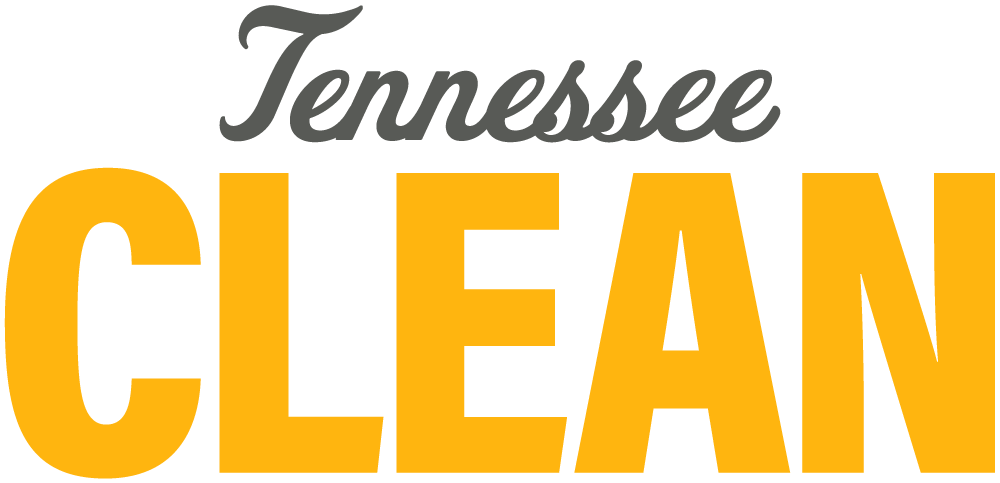Keeping Tennessee Clean for a Brighter Future
Opinion article by Howard Whiteman as it originally appeared in the Paris Post-Intelligencer July 2, 2021.

Walking my dog is a daily routine, but also a history lesson. I can tell how much activity has been happening at the local TWRA lake by the amount of litter that has accumulated on the roadside as we walk by. The road dead-ends at the lake, and dozens of people use it as their entrance to some great fishing and boating. Some of them, however, can’t seem to control their own garbage.
Beer cans, fast food containers, and candy wrappers litter the road, particularly after long weekends. Some people probably toss their garbage right out their windows, while others likely lose it in the back of their pickup truck or boat as they fly up the road. Either way, the litter accumulates, and the result is bad for the environment, local farmers, and our neighborhoods.
My neighbors and I make an effort to do a clean up of the road regularly, and when you are doing that you think about how many other places around the state and the country are subject to the same abuse. Litter is a global problem, but perhaps we can create some solutions here at home. Thankfully, Tennessee is working hard to do just that.
Tennessee CLEAN is a push by the Tennessee Wildlife Federation to reduce litter in the volunteer state. CLEAN stands for Creating Landscapes for the Economy, Agriculture, and Nature. Tennessee CLEAN aims to provide more resources to current litter programs in Tennessee and would create a commission to oversee litter issues and develop new programs to reduce littering.
We really need Tennessee CLEAN right now, because litter isn’t just about roadsides. How many times have you been fishing or boating and seen garbage floating along the edge of a lake or river? How many times have you hiked or hunted public lands and wondered how in the heck a can or bottle made it to the spot you found it in? How many of you have the same issue I have, with litter accumulating on the front of your property on a daily basis, or ending up in your corn or bean fields? Each of these things happens to me all of the time, and I am sure to many others. Such issues are even greater in our cities.
Tennessee CLEAN won’t solve all of Tennessee’s litter problems, but it is a great start, and we can all help make it a reality. We can all work to control our own garbage stream and make sure it ends up in the right place, recycling all that we can. We can also call out people when we see bad litter behavior, particularly among our children.
Finally, we can all contact our state representatives, and even the governor, asking them to support the CLEAN Act and telling them why it is important to all of Tennessee. If we act locally and more responsibly, we can all have cleaner yards, farms, and lakes. But if enough of us write or call our legislators, they will act, and all of Tennessee will have a brighter, and cleaner, future.
To learn more and quickly send a message to your legislators, visit TennesseeCLEANact.org.

